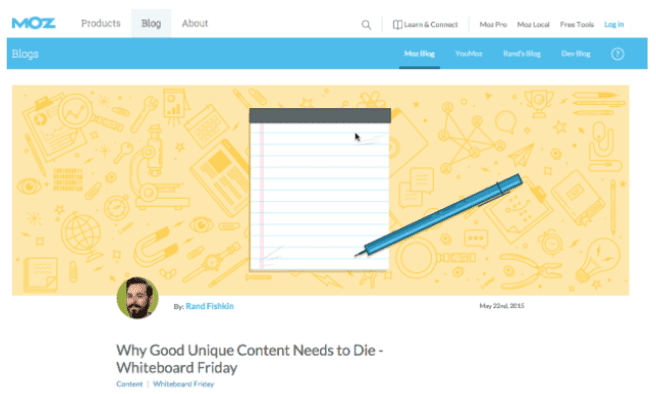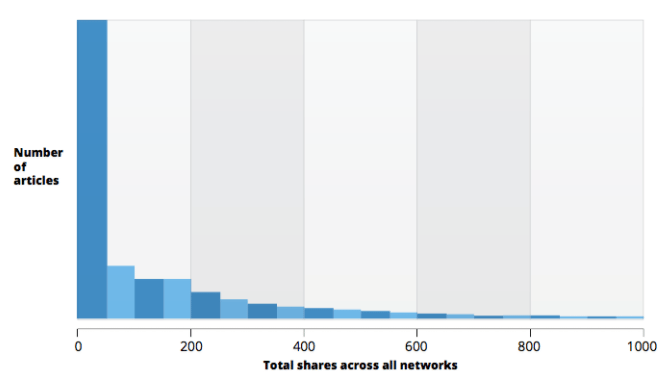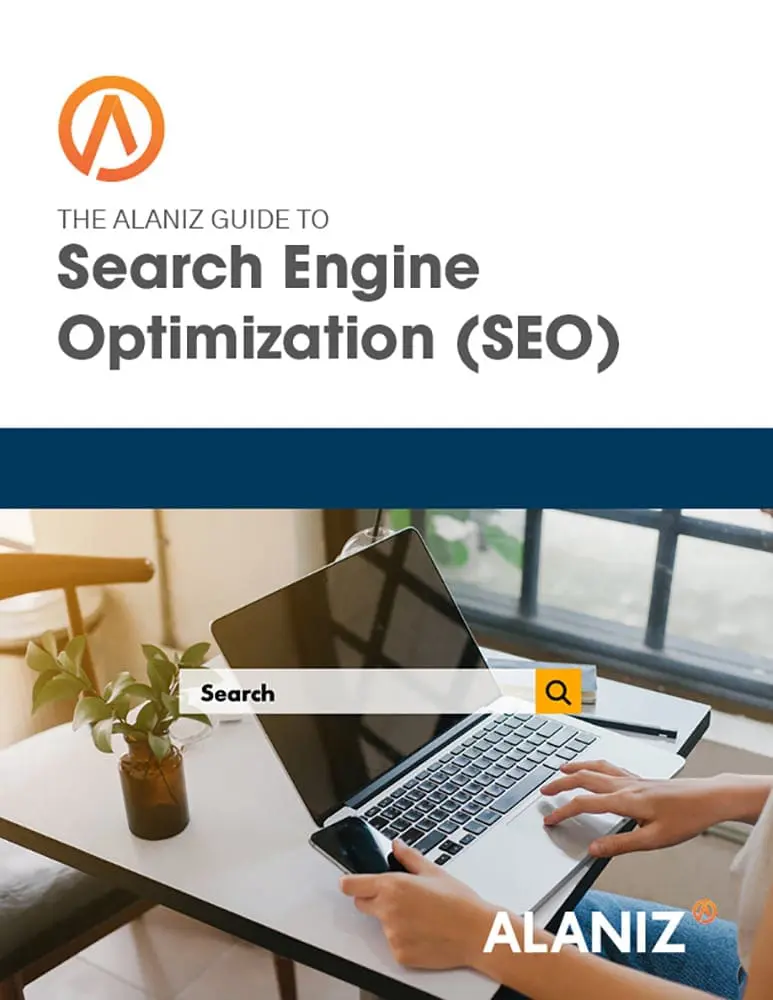This blog post is part of “The Ultimate Guide to Lead Generation” and “The Ultimate Guide to SEO” blog series. You can also check our premium B2B SEO services to accelerate your traffic, leads, and sales.
There’s been debate in the world if digital marketing about whether that art or science of SEO is more important. The science of SEO involves aligning your off-page and on-page search terms–keywords, meta titles and descriptions, alt tags and more. The art of SEO involves creating content that people actually want to read and share. Because the science of SEO is pretty well understood and widely practiced, many believe the art of SEO–the quality and usefulness of content, plays a larger role in search engine rankings
Defining Quality
The quality of content plays a huge role in search rankings. The rise of content marketing has made it even more difficult to stand out. With so many companies publishing online, the bar for quality gets higher and higher. Rand Fishkin of Moz has famously said that it used to be about to get found by publishing “good unique content.” But now there’s too much good unique content out there. In order to rise above the rest, he says, it has to be “10x” better than anything else out there. Great advice. But how do you do it?
 Here’s some advice from the traffic and lead experts at Backlinko.
Here’s some advice from the traffic and lead experts at Backlinko.
- Research SERPs on keywords and find out what ranks high now. If older posts are ranking high for your topic, read them, find out what needs updating, and write something better.
- Look for opportunities. If you search on a subject and there isn’t a lot of recent material ranking high, that may be a place where you can rank higher, faster. Look for ways to update out of date information (Brian Dean recommends contacting bloggers with out of date blogs and asking them to link to your update, generating valuable back links).
- Stay focused. Your goal is not to entertain, but to help. Sometimes as writers, we can try a little too hard to be clever, which can distract users from getting what they want. Rand’s material is very serious. He doesn’t waste much time on irrelevant asides. Your goal is to help people get something done, fast.
- Show and tell. Show people how to do things, don’t just tell them. Use video or screenshots that show exactly what people can do to solve their problems, and then shows the actual results. This is harder than you might think, as some of his recommendations have taken some time to succeed. So he is constantly tracking is campaigns and documenting results for use in future articles.
- Focus on what you’re best at. There is something your company does that it is better at than anyone else. That’s an area where you can write articles that are better than anything else out there.
How to Use Great Content to Get Results
Even if you create content that is 10 times better than what currently exists, it may not be ranked highly. The folks at Buzzsumo talk about “Content Shock,” saying, ““content supply is exponentially exploding while content demand is flat.” The logical consequence of supply continually outstripping demand is that on average content articles will get less engagement.”
Buzzsumo worked with Moz to analyze the shares of 1 million shares and posts. The findings: 50 percent of shares and posts get eight shares or less.
 This reinforces the Moz message that “good unique content” is not enough. Buzzsumo has some advice for how to make sure this great content ranks. It’s all about what you do before you even start writing.
This reinforces the Moz message that “good unique content” is not enough. Buzzsumo has some advice for how to make sure this great content ranks. It’s all about what you do before you even start writing.
- Do your SEO homework. “One of the common mistakes we see is rushing into content production without enough research.” In other words, great writing is not the same as great content for SEO. To be great SEO content, it has to be aligned with the right keywords, the right target audience, the right questions these people ask.
- Get help. “One of the most disappointing things we see again and again is good content that was produced with no amplification strategy. You’re doubling down on your time-wasting.” Amplification means getting others to promote your content. Reach out to journalists, bloggers, colleagues, vendors, partners, anyone who will be willing to share it through their own networks.
- Monitor what’s trending. Sharing information about what’s trending is a great way to ride on the coattails of what people are reading now. “If you act quickly the trend is your friend. However, if you join the party at the end of things then you may find yourself all alone without a dance partner.” Don’t schedule social media posts for later in the week about today’s hot topic, for example, because by the time the post is shared people will have moved on.”
Moving Target
Because so much content is published every day by marketers vying for people’s attention, defining “quality” content can be a moving target. What was great today may be less great tomorrow, as technology changes, people’s questions change, and the available solutions for people’s problems change. Keeping your content up to date is critical. At the same time, great writing is not the same as great content, and your blogs and web pages need to be promoted and amplified in order to be effective.
For a complete guide to SEO and how to help your business’ pages rank higher, download the Alaniz Guide to SEO for 2017.
This blog post is part of “The Ultimate Guide to Lead Generation” blog series.




